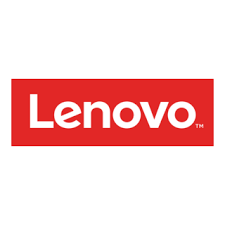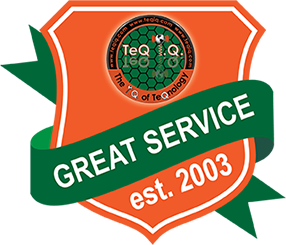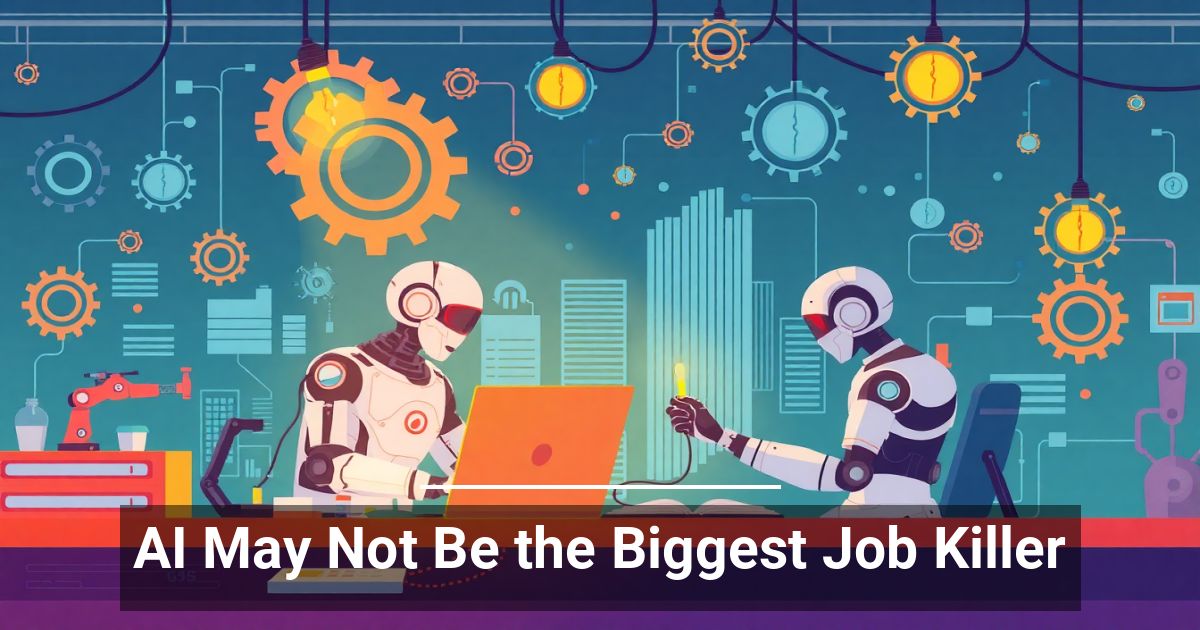
"Share this Info and Help a Friend"

NEW: AI Mobile and Desk Phone Service!
"AI Summary & Call Recording Transcribed on your Mobile/Desk Phone and PC"
- Perfect: You're Not Near their Desk Phone when the Phone Rings.
- Perfect: You Don't want to Call or Text from your Personal Cellphone Number.
- Perfect: You Don't want Calls on your Cellphone After Hours and Go to Voicemail.
- Perfect: Take Notes on all Calls with AI Assistant and Call Recording Transcription.
Have your All Phone Numbers Make Calls/SMS/MMS on your Mobile/Desk Phone/PC.
https://www.teqiq.com/phone
YouTube Video "Lenovo Vision of Smarter AI for All"
Lenovo’s update on its products, services, and progress in AI. The contrast between Dell and Lenovo is pretty stark; in some ways, they are opposite in terms of messaging and execution.
Instead of fragmenting, Lenovo’s effort has been unifying. Its “Smarter AI for All” vision, reiterated at its annual Tech World event, is predicated on a “hybrid AI” model. This model recognizes that AI will run in two places: on the device for speed, privacy, and personalization, and in the cloud for power and vast knowledge.
The masterstroke of this strategy is its Personal AI Twin and Enterprise AI Twin concepts—persistent, learning AI models that represent you. It understands your workflow, manages your preferences, and proactively assists you. Crucially, it isn’t tethered to your laptop, making Lenovo’s ecosystem an existential threat to Dell.
Lenovo, through its ownership of Motorola, has the very piece Dell is missing: a globally recognized smartphone brand. Lenovo’s vision is an AI Twin that starts the day with you on your Motorola phone, seamlessly transfers to your Yoga laptop when you sit down at your desk, interacts with the ThinkPad at your office, and is backed by AI models running on Lenovo’s own ThinkSystem servers in the cloud.
Dell simply cannot compete with that vision. It can sell you an AI PC, but it’s an island. It will likely be a fantastic piece of hardware for running Microsoft’s Copilot, but Dell will be reduced to a mere vessel for another company’s AI.
Lenovo is building its own platform, an experience that transcends a single device and creates a sticky, intelligent ecosystem. This multi-device advantage, combined with its dominant global footprint that gives it massive scale in both consumer and enterprise markets, positions Lenovo to define what a personal AI experience actually feels like.
Let’s break down why Lenovo’s approach to AI isn’t just more ambitious than Dell’s — it’s more credible, more complete, and far better positioned to win.
The Trust Deficit: AI-Washing vs. Walking the Walk
In the AI era, the most valuable commodity is not silicon; it’s trust. We are being asked to give an AI access to our emails, documents, calendars, and creative processes. Which company do you trust more: the one that just stamps “AI” on its products, or the one that verifiably runs its own global business on the same technology?
This is where Dell’s marketing-led approach falters. For the past year, AI has been plastered across Dell’s product marketing, often referring to its “Dell Optimizer” software, which is essentially a collection of battery- and performance-tuning utilities that have existed for years.
The result: widespread criticism of “AI-washing,” a term for slapping an AI label on existing tech without adding substantive new intelligence. While Dell is certainly building powerful AI solutions for the data center, its story for the personal, client-side AI feels thin and opportunistic. It lacks substance.
Lenovo, by contrast, has built its credibility from the inside out. For years, Lenovo has been publicly detailing its own internal digital transformation using AI. The company uses a sophisticated AI engine to manage its monstrously complex global supply chain, saving hundreds of millions of dollars. It uses AI in its customer service operations to predict problems and resolve issues faster.
Lenovo’s “walk the walk” approach has become a powerful trust-builder. Lenovo can go to its enterprise and consumer customers and say, “We are not just selling you an ‘AI PC.’ We are a company built on AI. We trust our own AI to manage our $60 billion business, and you can trust our Personal AI Twin to manage your daily tasks.”
The result is a foundation of proven reliability. Dell is marketing AI; Lenovo is proving it. That’s why Lenovo’s AI efforts are inherently more credible.
The Platform Play: Lenovo’s Long Game
The AI PC war won’t be won with a single product launch. It will be won by the company that successfully builds a platform. Dell’s strategic decisions — exiting mobile and narrowing its focus to the enterprise — have left it perfectly positioned to be a premium hardware vendor for Microsoft’s AI. It will sell the shovels in the AI gold rush.
However, Lenovo has played a longer, more patient game. It assembled the pieces: a dominant PC business (ThinkPad, Yoga), a genuine mobile presence (Motorola), and a powerful server and cloud division (ThinkSystem). It recognized that the PC, while central, is just one part of a person’s digital life.
Lenovo’s strategy — a single, unified Personal AI Twin that spans this entire ecosystem — is something Dell cannot replicate without a time machine and a reversal of its biggest strategic bets. As Dell’s PC division continues to operate as a highly efficient but strategically isolated unit, Lenovo is preparing to link all its devices into a single intelligent, cohesive, and trustworthy platform, positioning it to dominate the next decade of personal computing.
Wrapping Up
The dawn of the AI PC is a disruptive force that will redraw the competitive map.
Dell, a company defined by its enterprise focus and supply chain mastery, is entering this new era with a critical handicap: it is a single-device company in an ecosystem-first world. Its past failures in mobile and its strategic pivot to the data center following the EMC merger have left it an island.
Lenovo, in stark contrast, has patiently built a land bridge connecting every device a user touches. Its “Personal AI Twin” strategy, linking the smartphone in your pocket to the PC on your desk and the cloud beyond, is a platform Dell cannot easily replicate.
More importantly, Lenovo has built a foundation of trust by using AI to run its own complex, global business, a proven competency that makes Dell’s marketing-led efforts feel hollow.
The future of personal computing isn’t a box; it’s a persistent, intelligent, and trustworthy companion, and Lenovo is the only one building the entire AI ecosystem to support it.
If this tip helps and you would like to donate click on the button. Thanks In Advance.
________________________________________________________________________________________________________
"Fortune Favors, Who Value Time over Money!"
"TeQ I.Q. was the 1st IT Company to Deliver Cloud Solutions since 2003"
Tech issues taking up your Time?
"TeQ I.Q. Makes Your Technology Secure and Protected"
Do you have Tech Frustrations like your Computer, Internet, Phone, Cellphone, Camera, TV, Car?
"We Take Away Your Tech Frustrations and Give You the Free Time You Deserve!"
Call Robert to ask all your Technology questions.
For Free Consultation Call Now Robert Black at (619) 255-4180 or visit our website https://www.teqiq.com/
Chase Bank and Others Trust TeQ I.Q. with their IT and TeQnology so can you!



